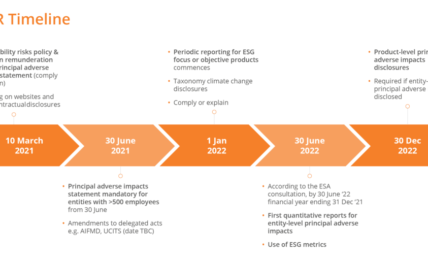Automaker Mercedes-Benz announced plans today to electrify its automotive fleet, including a goal to be ready to go all electric by 2030, where market conditions allow. The company’s strategy includes investment plans of more €40 billion through 2030, with spending in key areas across R&D, battery capacity, charging networks, production and manufacturing, and workforce.
Mercedes-Benz projects company margins in a battery electric vehicle (BEV) world to be similar to those in the internal combustion engine (ICE) era.
Today’s announcement forms part of an emerging trend among automakers to ramping investments to accelerate the shift to EVs. Last month, General Motors announced plans to significantly boost spending on EV and AV investments to $35 billion through 2025, and earlier this year, Ford pledged to nearly double its investment in EVs to at least $22 billion by 2025.
Ola Källenius, CEO of Daimler AG and Mercedes-Benz AG, said:
“The EV shift is picking up speed – especially in the luxury segment, where Mercedes-Benz belongs. The tipping point is getting closer and we will be ready as markets switch to electric-only by the end of this decade.”
Key to the company’s new strategy are plans for all newly launched architectures launched from 2025 onward to be electric only, and for customers to be able to choose electric versions for every model the company makes. The company stated that it will offer a fully electric model in every segment by 2022, and plans to introduce three new electric architectures in 2025, encompassing medium and large passenger cars, performance vehicles, and vans and light commercial vehicles.
The carmaker unveiled comprehensive roadmap for its electric lineup strategy, highlighting a Technology plan, Production plan, People Plan and a Financial Plan.
Mercedes Benz’s electrification roadmap includes plans encompassing technology, production, people and financial aspects of the business. Technology measures include continued vertical integration, such as the recently announced acquisition of UK-based electric motor company YASA, as well as plans to set up several new gigafactories for additional battery capacity, and partnerships to build out of tens of thousands of charging points across Europe, China and North America.
Mercedes-Benz’s strategy also includes a significant workforce transformation, including extensive re-skilling schemes, early retirement as well as buyouts.
Källenius, added:
“This step marks a profound reallocation of capital. By managing this faster transformation while safeguarding our profitability targets, we will ensure the enduring success of Mercedes-Benz. Thanks to our highly qualified and motivated workforce, I am convinced that we will be successful in this exciting new era.”
The post Mercedes-Benz to Invest €40 Billion Through 2030 in Move to go All Electric appeared first on ESG Today.


